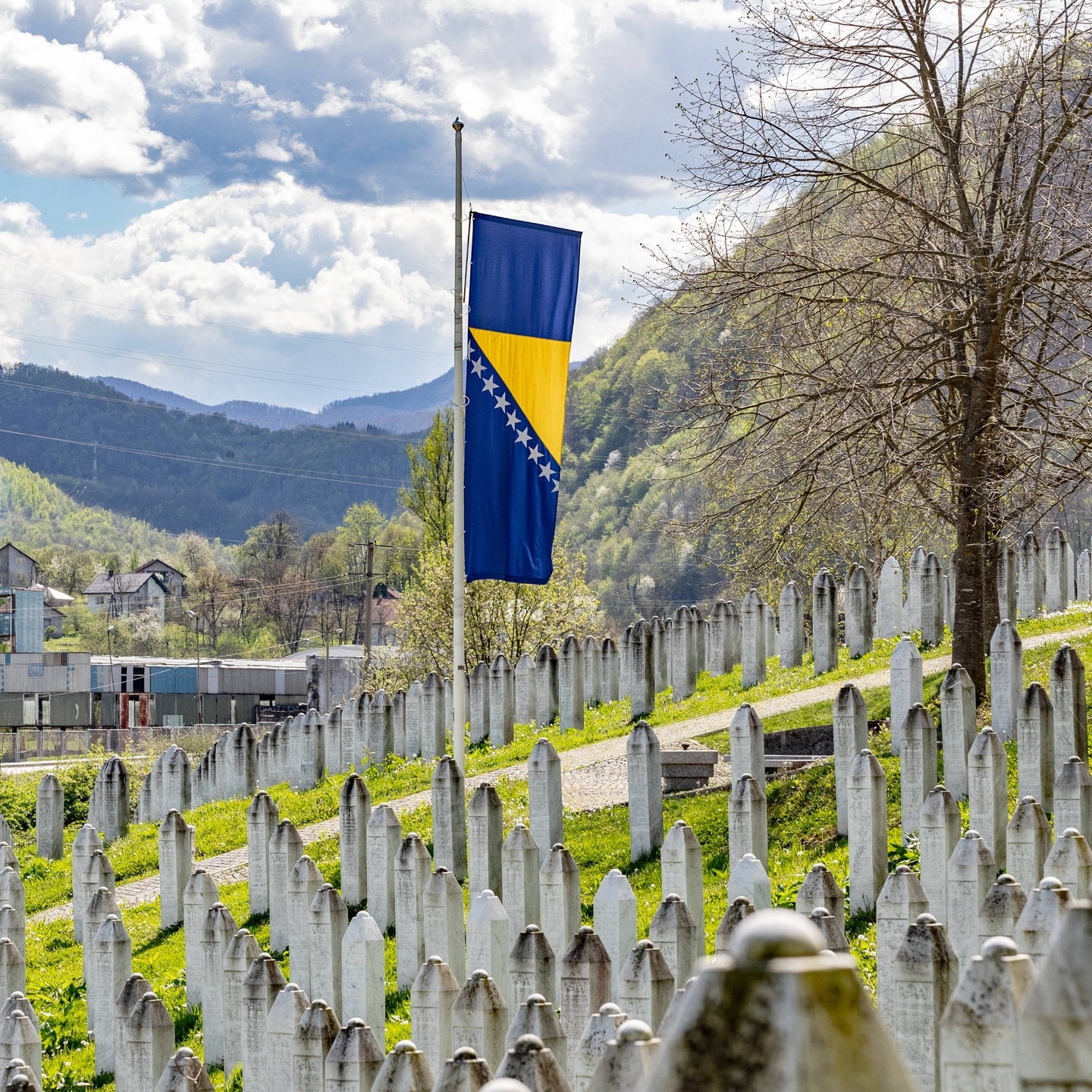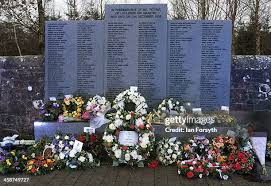The Legacy of the Srebrenica Massacre: A Reminder of History

Introduction
The Srebrenica massacre, which took place in July 1995 during the Bosnian War, is one of the most tragic events in recent European history. Recognised as genocide by many international courts, the massacre claimed the lives of more than 8,000 Bosniak men and boys. The importance of understanding the Srebrenica massacre extends beyond just remembering the victims; it serves as a critical reminder of the dangers of ethnic conflict and the necessity for ongoing dialogue about human rights and reconciliation.
The Events Leading to the Massacre
During the Bosnian War, tensions between ethnic groups escalated, leading to violent confrontations and widespread atrocities. The town of Srebrenica, which was declared a “safe area” by the United Nations, became a focal point for refugees seeking shelter from the ethnic cleansing that was occurring across Bosnia. However, in July 1995, the Bosnian Serb Army, led by Ratko Mladić, captured the town, and the subsequent events undermined the UN’s efforts to protect its inhabitants.
The Massacre and Its Aftermath
In the days following the capture of Srebrenica, thousands of Bosniak men and boys were separated from women and children and executed in mass killings. Although international peacekeepers were present, they were unable to stop the violence. The horrific events at Srebrenica not only shocked the world but also prompted the international community to take a more active role in the Bosnian conflict, eventually leading to the Dayton Agreement and the establishment of a more stable peace.
Commemoration and Legacy
Since the massacre, July 11 has been designated as a day of remembrance for the victims of Srebrenica. Annual commemorative events draw attention not only to those who lost their lives but also to the importance of recognizing the signs of genocide and ethnic cleansing in modern times. The International Criminal Tribunal for the former Yugoslavia has prosecuted several individuals for their roles in the massacre, reinforcing the commitment to seek justice and accountability for war crimes.
Conclusion
As the world reflects on the events of Srebrenica, it is crucial to remember that the lessons of this tragic chapter in history continue to resonate today. Srebrenica serves as a powerful reminder of the need for vigilance against hatred and intolerance. By educating future generations about the atrocities of the past, society can work towards preventing such events from happening again, fostering reconciliation, and ensuring peace for all communities.
You may also like

Reflections on the Lockerbie Tragedy: 35 Years On

Significance of Remembrance Day 2025: Events and Tributes
